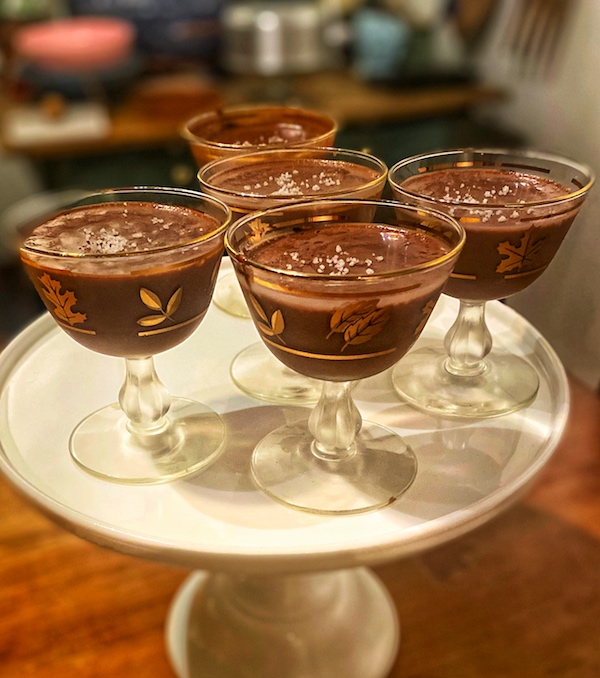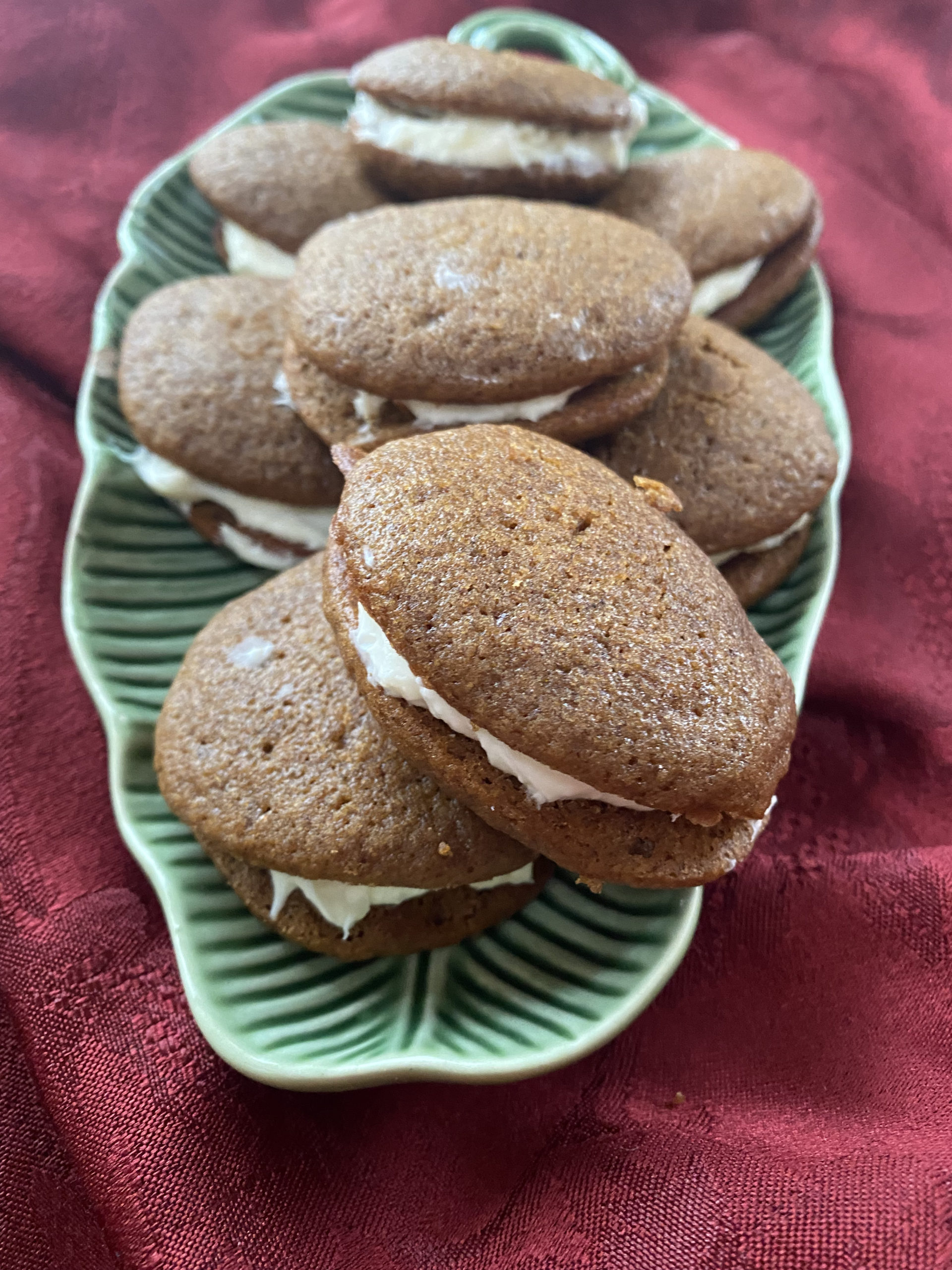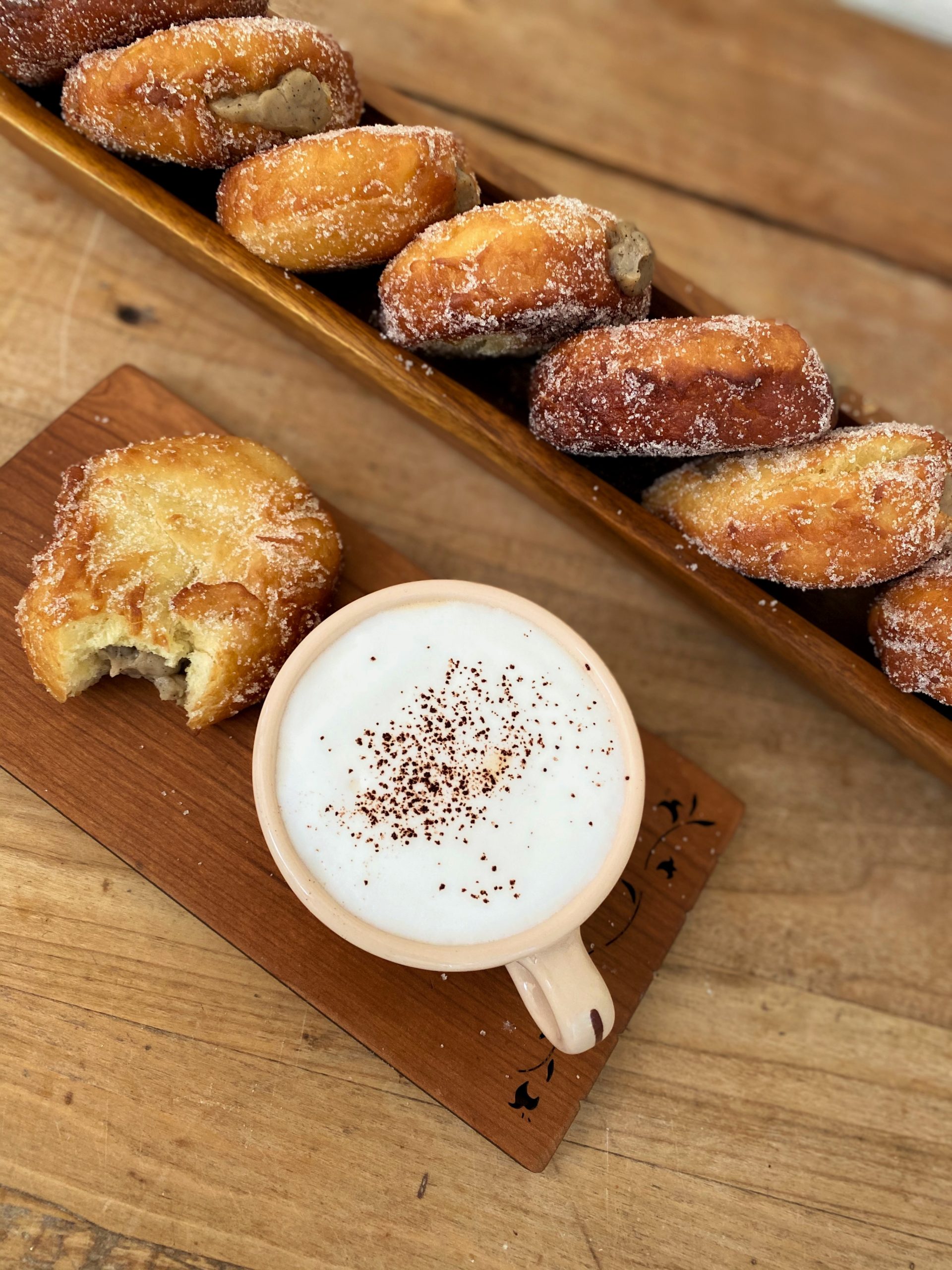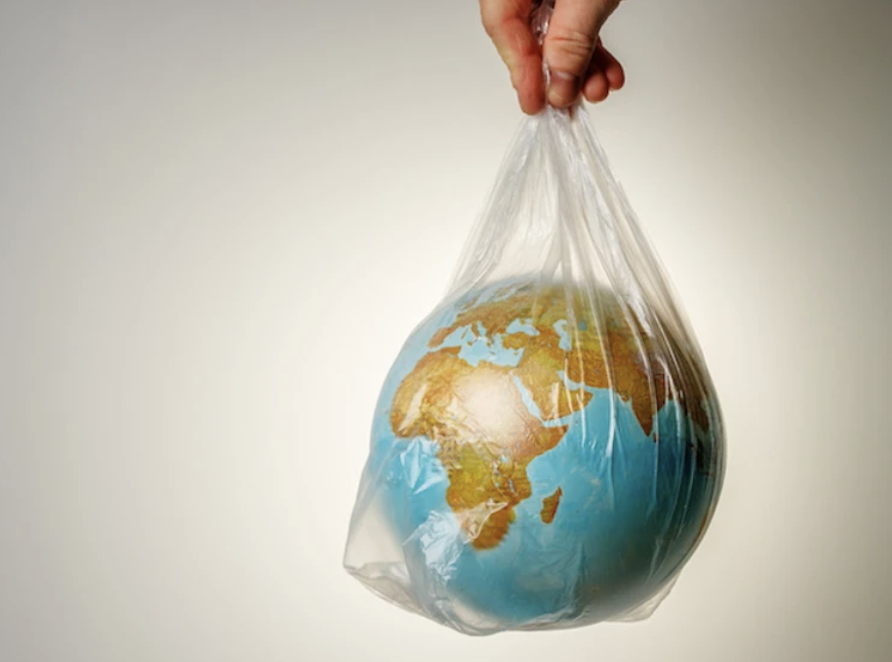
Recently, I became frustrated with our city’s recycling efforts, and the long list of do’s and don’ts of what we can put in the bins. It seems that what I thought was a better choice for the environment, actually can’t be recycled or composted in the city’s waste management facility.
While we collect our compost in a bin on the kitchen counter and then take it to the green bin for pick-up, we cannot put our green bags in with the food. here is what I learned while searching our city’s waste management website:
“After dumping the food waste in the compost, the bag goes in the trash. Unfortunately, biodegradable plastics break down at different temperatures than organic materials, so they don’t compost well together and Redwood Empire Landfill will not accept them. Also, these plastics can’t be distinguished from regular plastic during processing.”
Some of the confusion about what can and can’t be put in the bins comes from labeling — or rather, a misunderstanding of the terms used on labels. So I thought I’d tackle one of the most common misperceptions about words used on labeling – the difference between compostable and biodegradable.
To better understand the ‘why’ behind it all, I reached out to PlasTechFree, a company with a mission to not just replace plastic products, but to revolutionize the paradigm by offering 100% compostable, plant-based alternatives for a cleaner, sustainable planet today and generations ahead.
Here, I speak with Gene Benfatti, Co-Founder and president of PlasTechFree, about their innovative compostable bags, and better ways to compost at home.
FE: What is the biggest hurdle – or misunderstanding – consumers have about their compostable or biodegradable bags for home use?
GB: There is a lack of overall understanding about compostable and biodegradable bags for what they’re actually made from. This is due largely to “greenwashing” on behalf of many companies, a practice that must be recognized and stopped immediately.
Deceptive packaging is a huge part of the problem, and consumers should carefully read the packaging and labeling for these types of products that claim to be eco-friendly or home-compostable but are not. At the very least, consumers can go online to check for more information to make sure they understand which products truly are, and which aren’t meeting the proper standards.
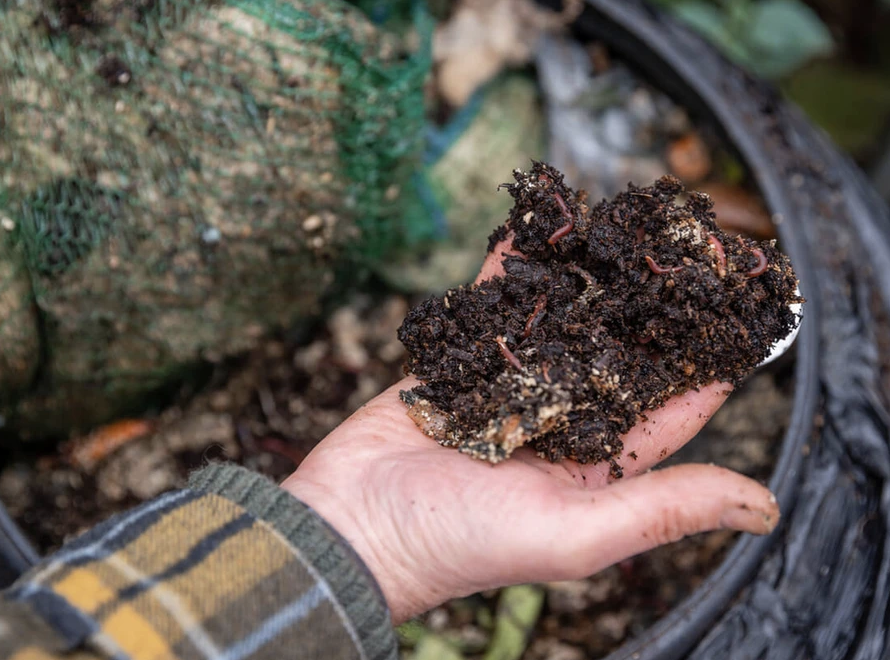
FE: Any tips for simple ways to make home composting easy and effective.
GB: To make home composting easy and effective, start by understanding what can and cannot be composted, opting for materials like fruit and vegetable scraps, yard waste, and paper products while avoiding meat, dairy, and oily foods. Choose a convenient location in your yard for your compost bin or pile, ensuring it’s easily accessible and away from direct sunlight. Maintain a balanced mix of green and brown materials, keeping the compost moist like a wrung-out sponge, and turning it occasionally to aerate the pile and speed up decomposition. Be patient with the process, understanding that composting takes time, and troubleshoot any issues like adjusting moisture levels or material balance. Finally, use your compost to enrich garden soil, reaping the benefits of natural fertilizer for healthy plant growth.
For tips and information about home composting, we have a great blog on the subject at PlasTechFree.com.
FE: When you say ‘home compostable’ does that mean it doesn’t go into the city compost stream — but only compost in your home system?
GB: In the right environment, a compostable bag will take between 90-180 days to decompose, mainly by the microorganisms present. Whether that’s done at a city site, or at home. If you’re looking to dispose of your home compostable bags at home, this can be done in a home compost heap, compost bin, or even in your garden, provided the bags are certified home compostable.
FE: What should the consumer look for on a label when purchasing bags for their home compost bin?
GB: When purchasing bags for a home compost bin, consumers should look for this label indicating a Home Compostable Certification from the testing organization (such as) TUV Austria.
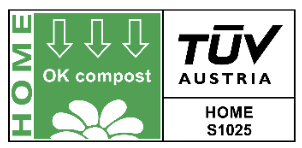
FE: Why is compostable material a better choice than biodegradable materials – and does using the compostable label require certification?
GB: Compostable materials are a preferable step up over just biodegradable materials because they break down into only nutrient-rich humus, enriching the soil for plant growth.
Biodegradable materials on the other hand can be made with plastic which, when it breaks down, leaves toxic micro and nano-plastics behind, nothing nutritional. All compostable bags are biodegradable, but not all biodegradable bags are compostable.
Using the “home compostable” label requires strict evaluation from a testing lab, ensuring that the product meets home compostable standards. Our PlasTechFree line is certified home compostable by TUV Austria, a leading international lab in testing, inspection, and compostable certifications.
FE: What are the most important benefits of composting for consumers, and tips for consumers to start making the choice for better products that lessen their impact – and use of plastics.
GB: Composting benefits consumers by reducing waste, enriching soil, and supporting plant growth. To lessen their impact and reduce plastic use, consumers can opt for home compostable products, minimize single-use plastics, support eco-friendly packaging, reduce food waste, and advocate for sustainability. Our line of home compostable products are made from plant-based materials that break down naturally within 180 days into nutrient-rich compost. By choosing our bags, individuals can actively contribute to reducing plastic pollution and promoting a healthier planet.
Thank you for PlasTechFree for providing the Family Eats community with your insight.



